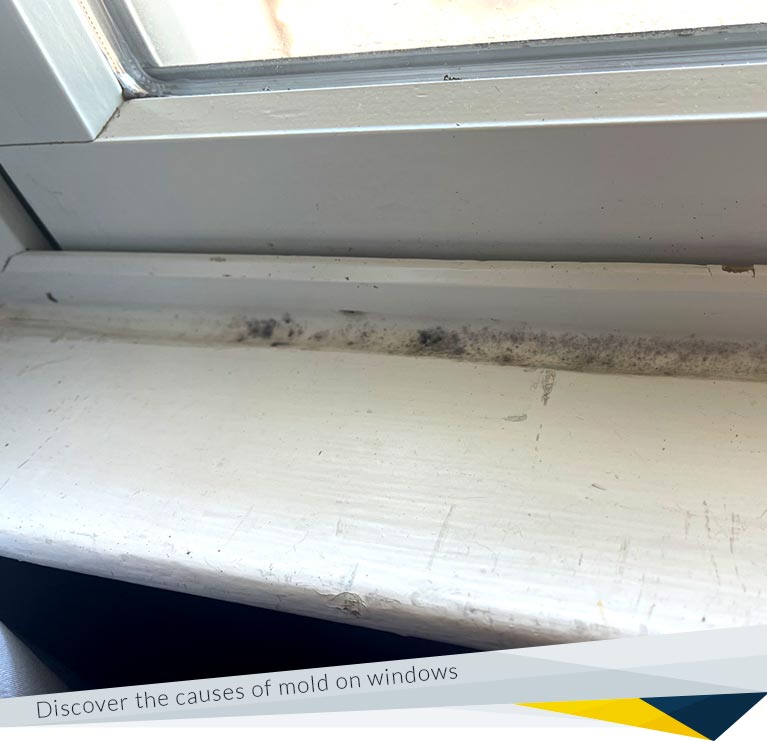
Let's face it: mold on windows is like that uninvited guest who overstays their welcome. Not only does it spoil the look of your windows, but it also brings health risks to the party. To keep your home happy and mold-free, it's crucial to get why mold loves your windows and how to show it to the door.
Mold on windows refers to the growth of tiny fungi that thrive in damp, humid conditions around your window sills, frames, or seals. Mold exists everywhere - indoors and outdoors - and plays an essential role in breaking down organic matter. However, when mold appears on windows, it indicates excessive moisture and poor ventilation. Terms like "black mold" or "toxic mold" are often used to describe these fungi, but they are general labels, not specific species. While some molds can produce harmful mycotoxins, the key is addressing the moisture issue to prevent further growth.
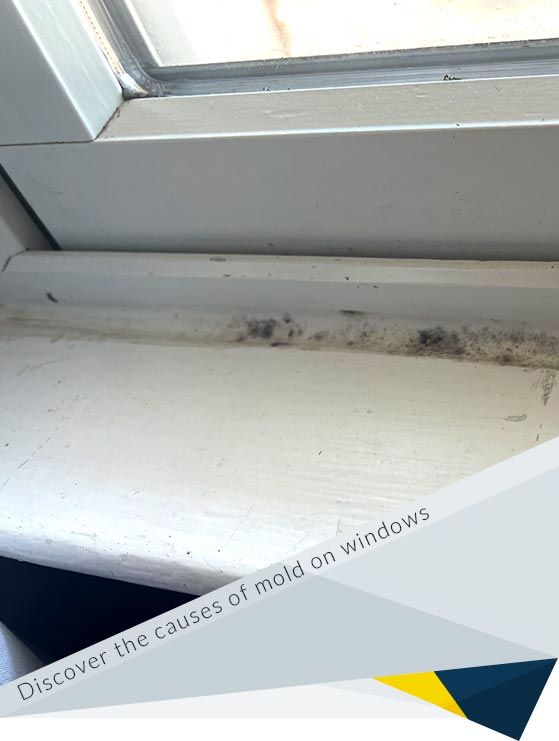
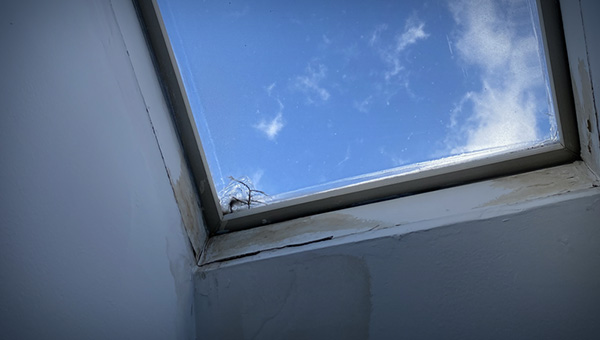
Mold on window sills often develops due to the perfect mix of moisture, organic debris like dust or pollen, and warmth. This combination creates a breeding ground for mold, particularly when condensation accumulates. Mold on window sill from condensation is especially common in humid climates or homes with poor ventilation.
Older window seals and frames exacerbate the issue. Damaged seals trap moisture, creating an ideal environment for mold spores. Similarly, mold on wood window frames is frequent because wood absorbs and retains moisture, allowing mold colonies to thrive.
Several types of mold on window sills can develop, but one of the most concerning is black mold on window sills. While not all black-colored mold is toxic, its presence indicates a moisture problem that needs immediate attention. Other types of mold can appear yellow, green, or white, each requiring similar care to prevent further spread.
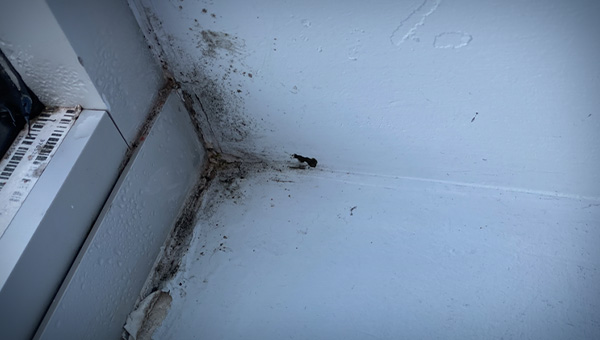
Yes, mold on window sills dangerous for your health, especially for individuals with allergies, asthma, or weakened immune systems. Mold spores, particularly those from mold growing on window frames, can disperse into the air, triggering respiratory issues and irritation. Ignoring the issue allows it to worsen, spreading to other areas of your home.
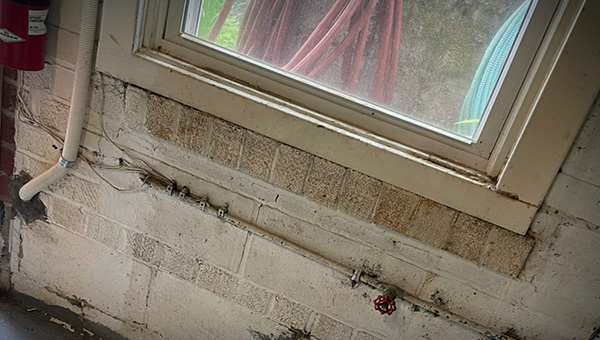
If your home is suffering from mold and foggy windows, you might want to think about replacing your old windows with energy-efficient impact windows. Living in Florida not only means dealing with humid weather, but also withstanding hurricanes and severe storms annually. New energy-efficient impact windows can help maintain a cool and less humid environment in your home.
Aim to maintain indoor humidity levels under 60% by utilizing air conditioning or dehumidifiers. Even though you can't control Florida's weather, you can manage the mold growth in your windows by controlling indoor humidity levels.
It would be wise to invest in a dehumidifier for spaces with high humidity, such as the laundry or the kitchen, as these spaces tend to be more humid than other rooms in your home.
Enhance ventilation in your home - make full use of your AC and fans all year round. Florida's weather remains humid even during the winter months. Cooler air aids in distributing moisture throughout your home, preventing humidity from concentrating in a single area.
Maintain cleanliness of your windows; don't allow dust and bacteria to gather on your windows as it will become increasingly difficult to clean over time. In cases of need, don't hesitate to hire a professional for assistance.
Remove any indoor plants from your home. Despite the environmental benefits associated with indoor plants, they contribute to the moisture content within your home. So, if you have many plants, consider reducing their number to a few smaller ones.
Mold on windows can be a recurring issue, but by comprehending its origins and implementing preventative actions, you can successfully avert and eradicate it. Boosting air flow, keeping a check on humidity, tackling window sweat (aka condensation), making sure your insulation is up to snuff, and sticking to a regular cleaning schedule are your best bets in keeping mold from crashing your home's healthy living party. But hey, if you stumble upon a mold fiesta or some serious water woes, don't wait around. It's time to call in the pros at a mold remediation company.
Living with mold in your home is more than just a nuisance-it can be downright distressing. But there's good news: FDP Mold Remediation is on standby, ready to swoop in and save the day. With our seasoned experts and their top-notch training, we're well-equipped to tackle and prevent mold infestations in your home, paving the way for a fresh start. Our team is skilled in pinpointing mold's roots and implementing effective removal strategies. We've got the savvy and the gear to bring back that mold-free, worry-free vibe to your living space. So, let's not put off those mold concerns any longer.
Contact us today at 877-421-2614 and start relishing a cleaner, revitalized, and healthier domestic space!



